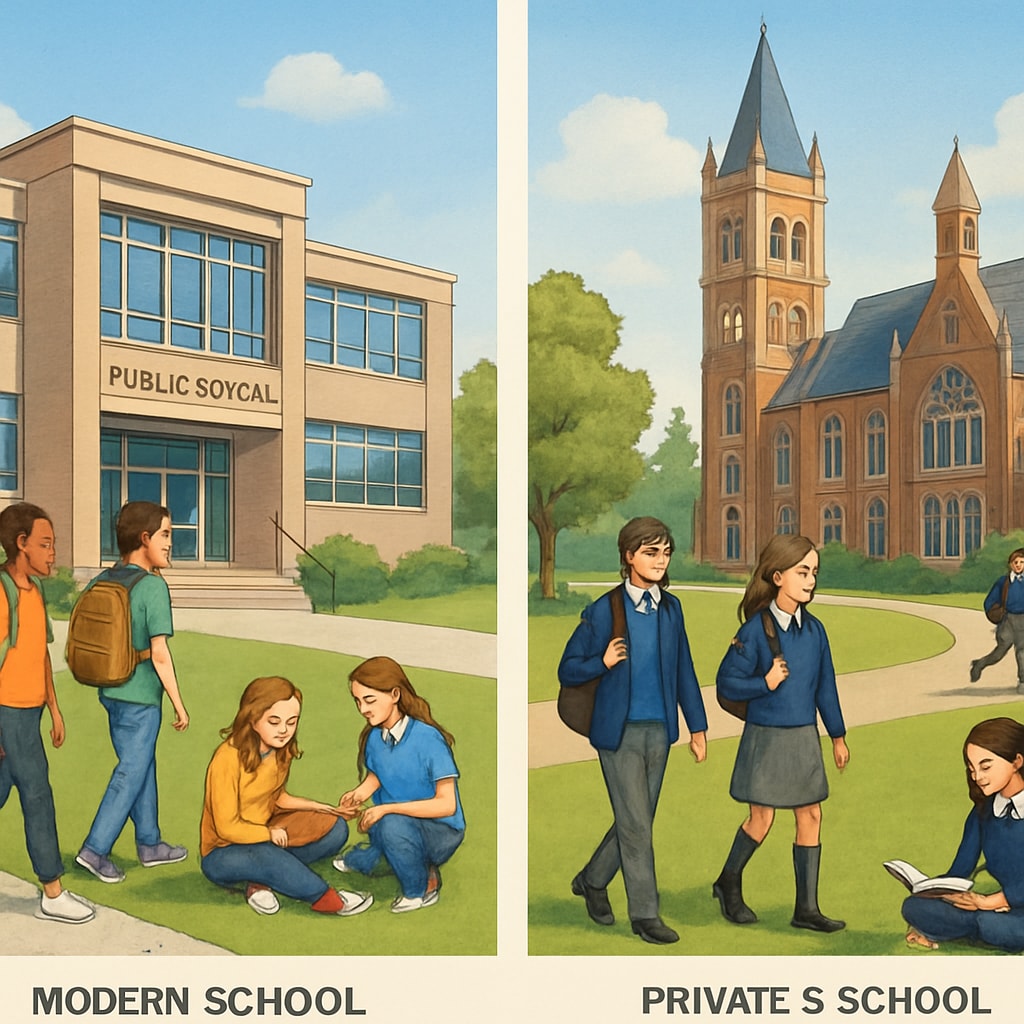When facing the school choice, public districts, and private education dilemma, many families in high-performing public zones still grapple with decisions. This article examines the core differences, parental priorities, and strategies for selecting the ideal learning environment.
Understanding the Public and Private School Landscape
Top-rated public schools offer significant advantages, including:
- No tuition costs (funded by local taxes)
- Diverse student populations reflecting community demographics
- Standardized curricula aligned with state requirements
However, according to National Center for Education Statistics, private school enrollment remains steady even in areas with excellent public options.

Key Decision Factors for Parents
Families considering both options typically evaluate:
- Class sizes: Private institutions often maintain smaller student-teacher ratios
- Specialized programs: Religious affiliations or unique educational philosophies
- Academic flexibility: Ability to accelerate or customize learning paths
A Brookings Institution study shows parental satisfaction often hinges on alignment with family values rather than pure academic metrics.
Hidden Considerations in Education Selection
Beyond obvious factors, parents should examine:
- Long-term peer networks and social capital development
- Extracurricular opportunities matching child’s interests
- Teacher retention rates and professional development

Making the Right Choice for Your Child
Ultimately, the school choice, public districts, and private education decision requires:
- Assessing your child’s unique learning style and needs
- Visiting candidate schools during regular operation hours
- Considering family logistics and financial realities
Remember that excellent education occurs in both settings when the environment aligns with the student’s requirements.


